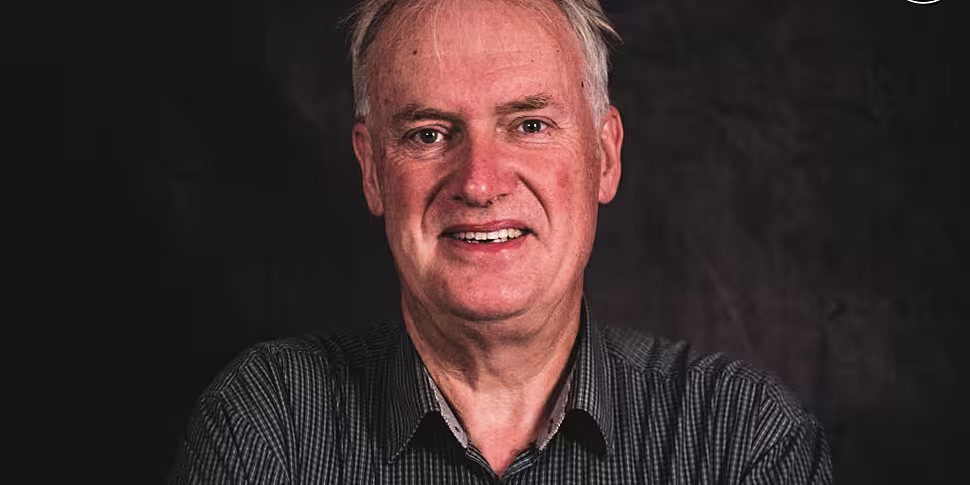Professor Luke O'Neill says people should still be encouraged to wear masks in indoor settings once the legal rules around face coverings come to an end.
It's now expected that almost all remaining COVID-19 restrictions in Ireland will be lifted at the end of the month.
NPHET has recommended that mandatory mask-wearing should end in almost all settings except healthcare, although people will still be advised to wear masks on the likes of public transport.
Health officials have also recommended that NPHET itself be disbanded and replaced with a smaller group that will monitor the COVID situation in the country.
Taoiseach Micheál Martin yesterday said the Government will be accepting NPHET’s advice in full when Cabinet meets next week.
Professor O'Neill - Professor of Biochemistry at Trinity College Dublin - told The Anton Savage Show it's not yet time for people to abandon face coverings.
He said: "It’s still wintertime and the virus is still there. We should still encourage people to wear masks in indoor settings… it’s just it's not going to be illegal anymore not to wear them.
“The ones we worry about now are the immunocompromised people… they’re very worried. Public transport is a big fearful place for them.
"We should mandate masks on public transport still, for instance… in my opinion anyway.”
However, Professor O'Neill said Ireland is in a "fantastic place" overall thanks to the COVID-19 vaccination campaign.
He said vaccines have helped ease concerns around healthcare systems being overwhelmed, and there's optimism that existing vaccines will protect against any variants that may emerge.
However, he warned there's still a risk a more "malign" variant than Omicron and its BA.2 subvariant could emerge.
The Trinity professor also said further booster vaccine campaigns are likely to focus on older and vulnerable people.
He said: “Flu’s the great parallel, really - vaccinate the vulnerable every winter.
“Next winter, we can anticipate another vaccination campaign - just like flu, it will be in the vaccine schedule for vulnerable and older people. That vaccine might be against Omicron, or might be a pan-coronavirus vaccine by then that can handle any variant.
“I can’t emphasise enough that we have an antiviral [as well] - if you’re in your 30s and you get infected, take an antiviral and it will handle the virus quite well.”
Professor O'Neill was referring to the COVID-19 antiviral treatments developed by Merck and Pfizer.
Studies have shown the treatments are extremely effective at preventing severe illness if taken within a few days of symptoms starting.









